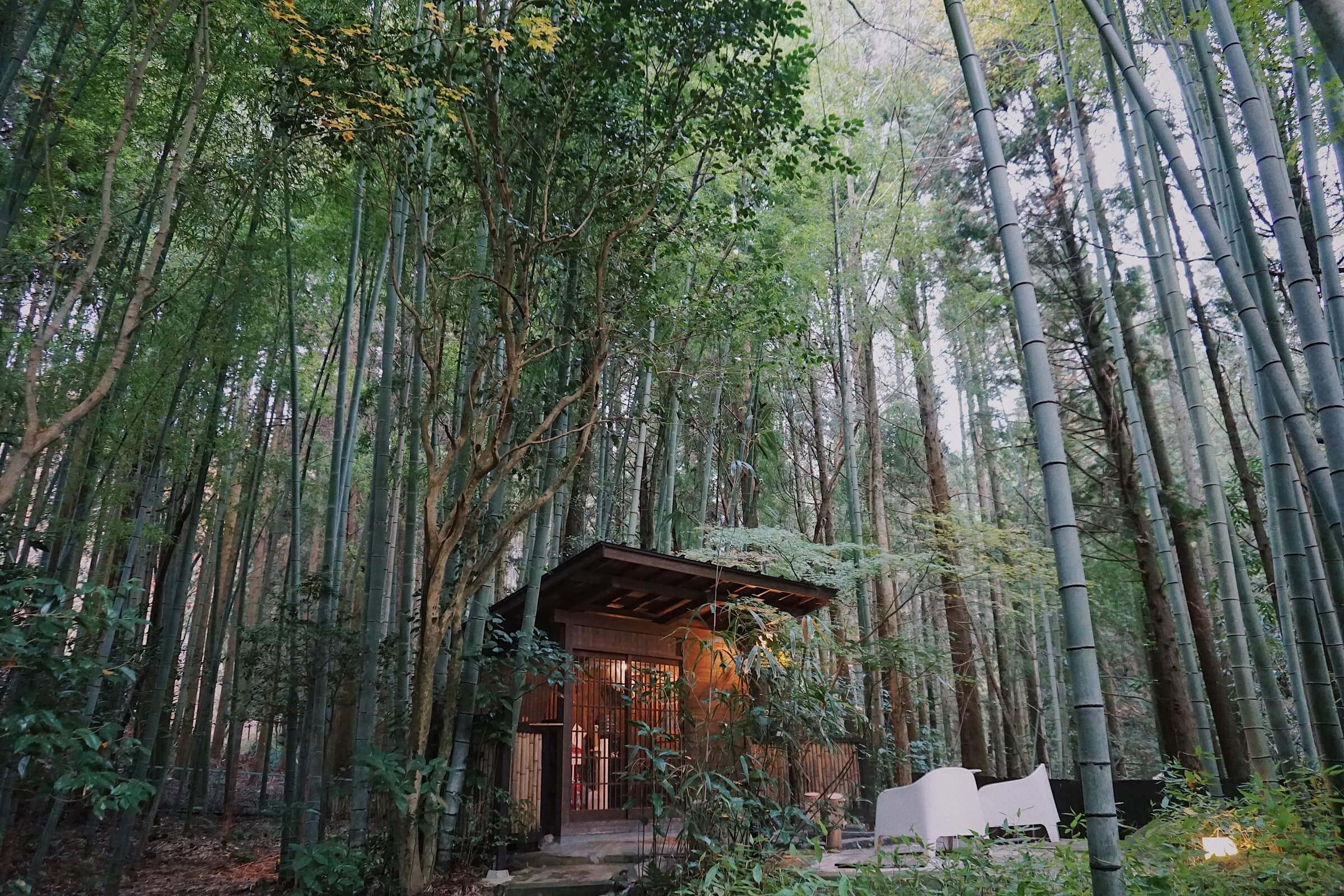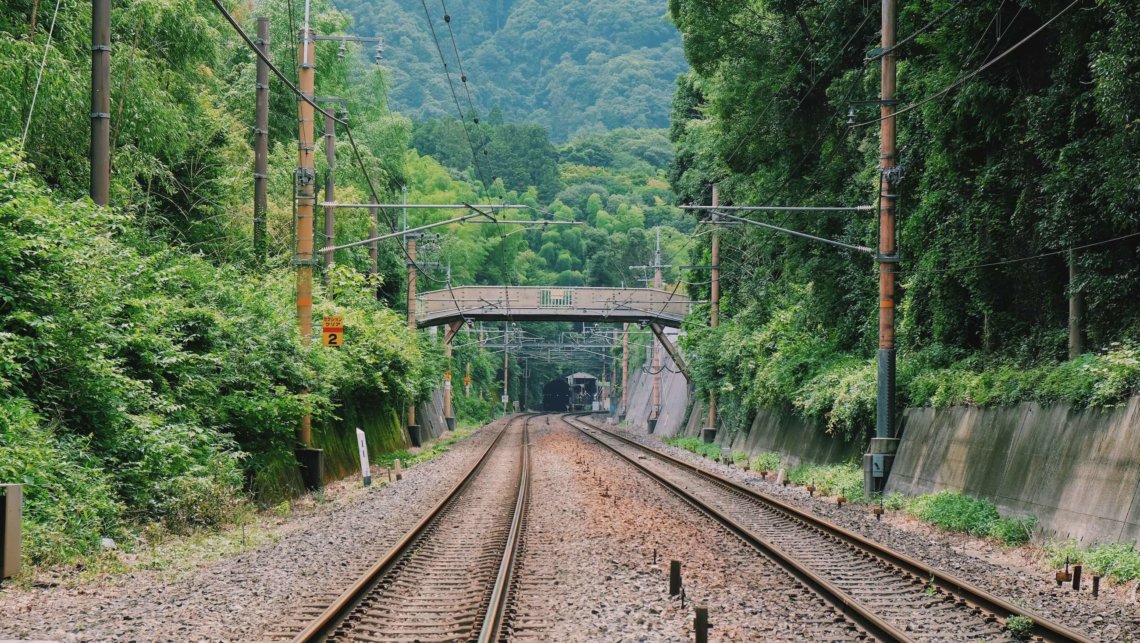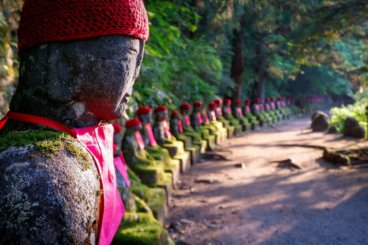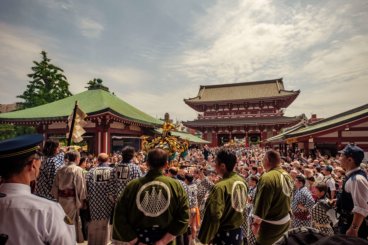Wondering when Japan will reopen for tourism? You’re not alone. This is the most common question we get from travelers, and below you’ll find essential details on what to know as you plan a post-pandemic trip to Japan.
Currently Japan’s borders remain closed to tourists, as they have been since March 2020, though despite the ongoing travel restrictions many travelers are continuing to book Japan trips for 2022 (and 2023).
Planning travel during a pandemic can be a pain, so we offer a flexible rescheduling policy. Learn more below along with details on when Japan is likely to reopen, whether or not travel insurance is actually worthwhile, and more:
- When will Japan reopen, and when should you visit?
- Our flexible rescheduling policy
- Does travel insurance cover issues related to Covid-19?
- Japan’s vaccination rollout and Covid-19 in Japan now
Along with monitoring new developments, our team of Japan experts is in constant contact with our network throughout the country. We update this page monthly, and more frequently when there are significant developments (last updated December 21, 2021). If you have any questions, please ask us directly.

When Will Japan Reopen, and When Should You Visit?
When will Japan’s borders finally reopen to tourists? This is the big question for travelers eager to visit this incredible country!
Covid-19 has kept us on our toes, and nobody can say for sure when Japan’s travel restrictions will end. Until recently, Japan’s new Prime Minister, Fumio Kishida, and his government had been making incremental but steady progress towards reopening to tourism. However, Omicron has temporarily slowed this process, and Japan like many other countries is taking a cautious approach pending further data.
Thanks to Japan’s successful vaccination rollout, and the fact that Covid-19 numbers remain very low (see the Covid-19 in Japan Now section below), there is still some optimism that Japan could begin reopening by spring 2022. Of course, when it comes to making predictions virtually anything can happen, and we’ll simply have to see how the latest developments play out.
When Should You Visit Japan?
If you’re not ready to plan we completely understand, but even in the absence of certainty many people are continuing to book itineraries, and we currently have a significant number of travelers planning Japan trips for spring, summer, and fall 2022.
Thanks to our low-volume approach to trip-planning, and Japan’s enduring popularity, we typically recommend planning at least 6 to 9 months in advance, or earlier for peak seasons such as spring and fall (see our current availability).
For people who haven’t traveled much during the pandemic, it can be hard to fathom availability being an issue. Yet despite Covid-19, demand for services remains high, and availability is already limited for unique accommodations throughout Japan, not to mention the most talented guides and local experts.
This is especially true when it comes to peak seasons like spring and fall. Along with all the travelers booking new itineraries, there are also countless people (who had originally planned to visit in 2020 or 2021) planning postponed trips.
If you have the flexibility to avoid the most crowded times of year, and don’t mind missing the cherry blossoms or fall foliage, consider visiting Japan during a less busy period like winter. For a more comprehensive look at the pros and cons of each season, see When Is The Best Time of Year To Visit Japan?
Should You Plan Before Japan Reopens?
Tentatively hoping to visit Japan after its borders open for quarantine-free travel?
If so, it may be wise to at least initiate the planning process, as demand is likely to skyrocket once the Japanese government announces a reopening timeline. Because pandemic planning can be a pain, we offer a flexible rescheduling policy.

Flexible Rescheduling Policy
What if you plan now, but travel cannot commence due to government border restrictions relating to Covid-19? Obviously we hope this doesn’t happen, but to make things as painless as possible we offer a flexible rescheduling policy.
Flexible Rescheduling. Reschedule with ease. Simply take your postponed trip within 2 years of your original trip dates.
No Rescheduling Fee. There is no fee to reschedule. Your entire deposit is fully transferable to your new dates.
What’s the catch? We do require at minimum 30 days’ notice prior to your trip’s start date to guarantee the above. This enables us to give your guides, accommodations, and other service providers advance notice (our relationships with hotels, ryokans, guides, and local experts are sacred to us, and a key facet of the trips we offer). In rare cases there may be a unique service with a less flexible policy, in which case we’ll let you know before you book.
We would be remiss not to mention that we can’t guarantee rates won’t change between your original and rescheduled trips, as pricing for services (particularly accommodations) can vary depending on the season and even day of the week, not to mention from year to year due to external factors like inflation and exchange rates. On the flip side, we work tirelessly on behalf of our clients, and if needed are always happy to brainstorm creative ways to try and help you work around your budget.
Finally, it’s worth noting that if you need to change your travel plans with us for any reason other than government border restrictions relating to Covid-19 preventing travel from commencing, our regular Booking Terms and Conditions would apply depending on when you decide (whether you’re postponing or canceling altogether). If you have any questions about any of our policies, don’t hesitate to call or email us.

Does Travel Insurance Include Coverage for Covid-19?
The topic of travel insurance was already complex even before Covid-19, and now has become even more convoluted.
Fortunately, the majority of reputable insurance companies do now offer at least some degree of pandemic coverage. Not every single potential issue is necessarily covered, but some key ones — for example, if you get Covid-19 and cannot travel — are covered by many.
Pandemic or not, we’ve always recommended comprehensive travel insurance, which can help protect you both financially and medically. For example, if you have to change or cancel your plans last-minute for a covered reason, or if you need to access medical care during your trip. It can also prove worth the investment in case of more minor issues, which can nevertheless wreak havoc on travel plans, such as unexpected flight changes, lost luggage, etc.
However, even the best policies don’t cover everything, which is why many travelers opt for “Cancel for Any Reason” (sometimes abbreviated as CFAR) coverage. Travelers with CFAR are more likely to be eligible to receive at least some insurance reimbursement for a broader range of reasons (for example, even among policies that offer a degree of pandemic coverage, most do not protect against border closures or other travel restrictions).
As far as providers go, Berkshire Hathaway Travel Protection is one good option for luxury travelers. Many of our travelers also work with Travelex, Travel Guard, Allianz, and RoamRight (to compare various policies side by side, refer to the insurance marketplaces SquareMouth and InsureMyTrip). For a different degree of protection, more and more travelers are also looking to solutions like Medjet and Covac Global.
To make sure you get a policy that meets your specific needs, we strongly recommend you speak directly with a travel insurance provider. Let’s not mince words: insurance is not a fun topic, but in the Covid era it’s a travel essential.

Japan’s Vaccination Rollout and Covid-19 in Japan Now
Like elsewhere in the world, daily life in Japan has been significantly impacted by Covid-19. However, even taking recent waves into account, Japan — which is larger than most people realize, with a population of 126 million — has fared surprisingly well compared to most countries when it comes to Covid-19 cases and deaths.
Some countries have contained the pandemic more successfully than Japan, though perhaps no other country has done as well without relying on strict lockdowns. At certain points, parts of Japan have been under what was referred to as a State of Emergency. However, despite the alarming terminology, the impact of these “emergencies” on daily life has been on the whole less disruptive than the lockdowns endured in many countries.
Japan’s Vaccination Rollout
Japan’s vaccination rollout started slowly, but has ultimately been quite successful. For more statistics on vaccination rates in Japan, refer to Reuters’ Covid-19 Tracker and Covid-19 Vaccination Tracker.
Covid-19 Precautions in Japan
In terms of precautions, health and safety are taken very seriously in Japan, and travelers are often amazed by how clean and organized the country is (along with Japanese food, it’s one of the best things about Japan). Wherever you go, it’s safe to expect widespread adherence to best practices for hygiene and cleanliness, including virtually universal mask-wearing, ubiquitous availability of hand sanitizer, and respectful social distancing.
Japan’s deep-rooted culture of respect, an integral part of Japanese etiquette, certainly helps. So does the fact that Japanese people have been used to wearing masks for many years (in Japan, people wear masks not only due to Covid, but also during flu season, for allergy prevention, and more). Naturally, travel service providers in Japan — from hotels and ryokans, to bullet trains and airlines — have also invested heavily in revamping sanitation procedures to enhance the safety of both travelers and staff.
Post-Covid Entry Requirements
Japan has yet to outline what entry requirements will look like after reopening, but we’ll be updating this page as soon as further details are available.
Our general expectation is that, when tourism returns, quarantine-free travel will be possible for travelers who meet certain criteria. At this point it’s not known for sure whether proof of vaccination will be required, but is assumed that at the minimum negative PCR Covid-19 tests will be part of the equation.
For more on Covid-19 and Japan, we also recommend the Ministry of Foreign Affairs of Japan, the JNTO, the Japan-Guide, Sherpa, and The Japan Times.

Planning on Japan Travel in 2022 or 2023?
Whether you know you want to go, or are on the fence pending further developments and additional clarity, we would be happy to chat about your trip or answer any questions you may have.
The best way to get in touch is via our contact page (feel free to submit a form, send us an email, or give us a call) but you can also connect with us over on Instagram.


